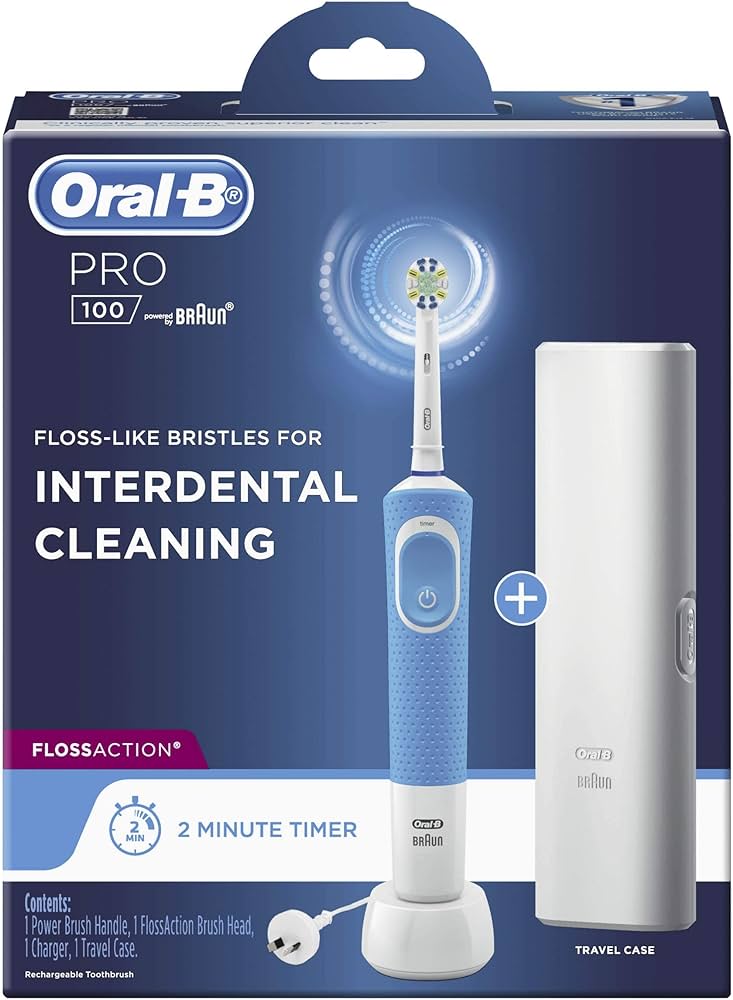
Which brand of electric toothbrush does not have a lithium battery?
Introduction
Electric toothbrushes have become increasingly popular due to their effectiveness in maintaining oral hygiene. While many electric toothbrushes utilize lithium-ion batteries for their advantages, there are still some models available that use alternative types of batteries. In this article, we will explore several brands of electric toothbrushes that do not have lithium batteries, highlighting their features, battery types, and advantages.
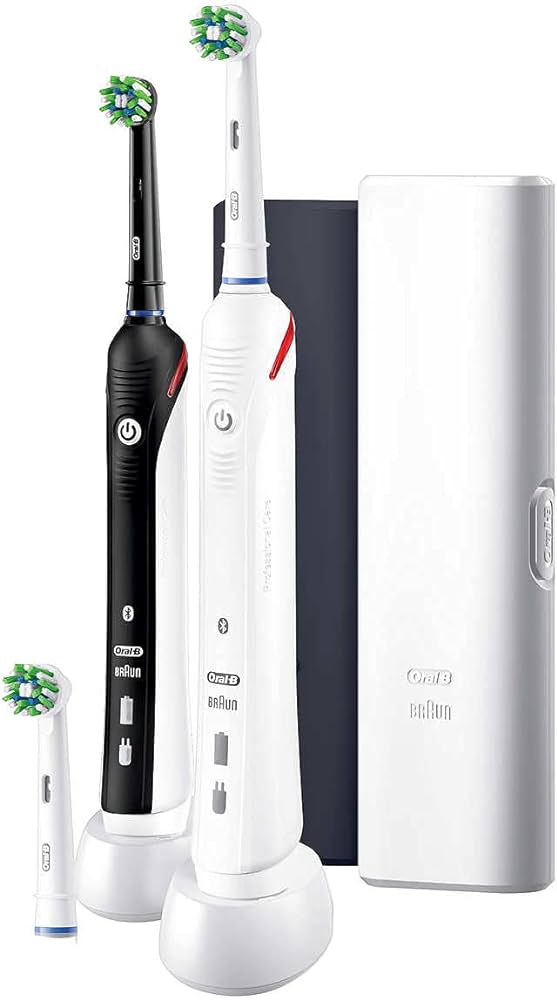
Which brand of electric toothbrush does not have a lithium battery?
Oral-B electric toothbrushes
Oral-B is a well-known brand in the oral care industry, offering a wide range of electric toothbrushes. While some Oral-B electric toothbrushes do use lithium-ion batteries, there are models available that use alternative battery types, such as NiMH or NiCd. These models may be indicated as “battery-powered” or “rechargeable,” rather than specifically mentioning lithium-ion batteries. Oral-B electric toothbrushes are known for their superior cleaning technology, multiple brushing modes, and compatibility with various brush heads.
Philips Sonicare electric toothbrushes
Philips Sonicare is another prominent brand that offers electric toothbrushes with different battery types. While many Sonicare models use lithium-ion batteries, there are still models available that use NiMH batteries. These models may be labeled as “rechargeable” or “battery-powered” without explicitly mentioning the battery type. Sonicare electric toothbrushes are renowned for their sonic vibration technology, multiple intensity settings, and innovative features like pressure sensors and brush head replacement reminders.
Colgate electric toothbrushes
Colgate is a well-established oral care brand that offers a range of electric toothbrushes with various features and battery types. Colgate electric toothbrushes are available with both lithium-ion and non-lithium-ion batteries. The non-lithium-ion battery types commonly used in Colgate electric toothbrushes include NiMH and AA alkaline batteries.
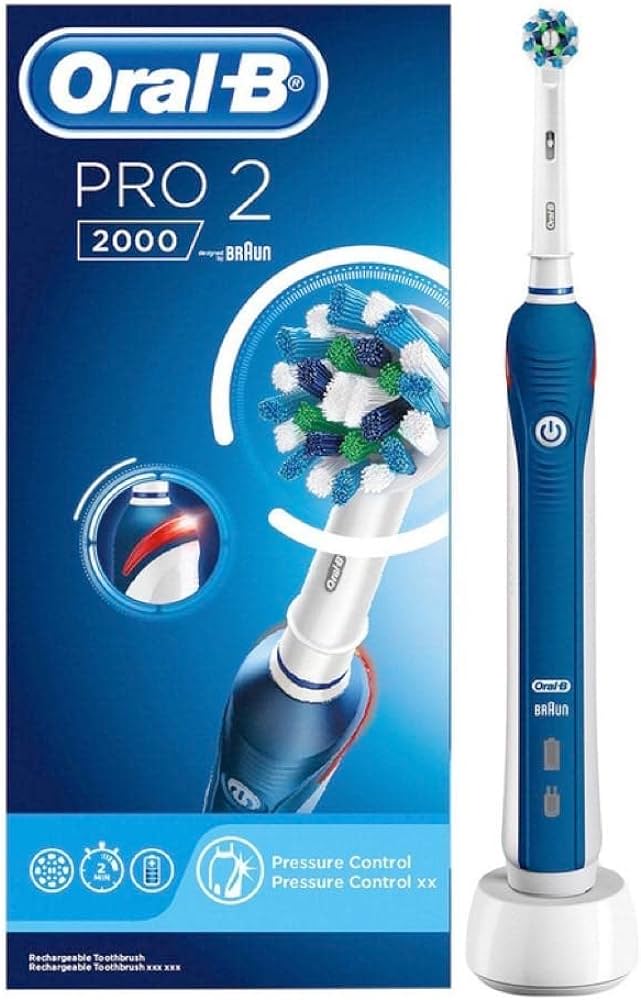
Braun electric toothbrushes
Braun is a reputable brand that manufactures electric toothbrushes known for their quality and performance. While many Braun models use lithium-ion batteries, there are still options available that utilize non-lithium-ion batteries. These models might feature NiMH or NiCd batteries, providing a suitable alternative for those who prefer non-lithium batteries. Braun electric toothbrushes are known for their advanced cleaning technology, precision brushing modes, and durable construction.
Crest electric toothbrushes
Crest, a well-known brand in oral care, offers electric toothbrushes that cater to different needs and preferences. While some Crest electric toothbrush models incorporate lithium-ion batteries, there are also options available that use alternative battery types. These models may feature NiMH batteries, providing a reliable power source. Crest electric toothbrushes are designed to effectively remove plaque, promote gum health, and offer features like multiple brushing modes and built-in timers.
Other brands and considerations
In addition to the mentioned brands, there may be other manufacturers offering electric toothbrushes that do not utilize lithium-ion batteries. It is important to carefully read the product specifications and descriptions provided by each brand to determine the battery type used in a specific model. Additionally, it is advisable to consider factors beyond the battery type when selecting an electric toothbrush, such as brushing technology, brush head compatibility, brushing modes, and any specific oral care needs or preferences.
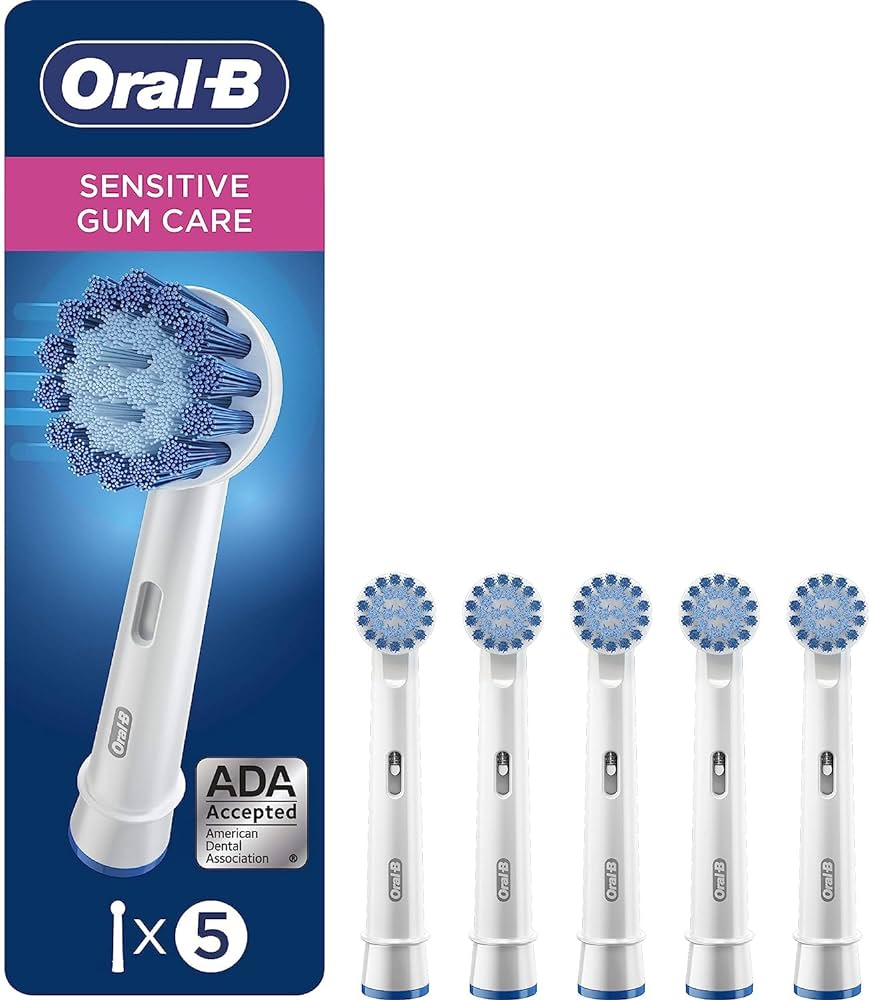
Factors to consider when choosing an electric toothbrush
When selecting an electric toothbrush, it is important to consider various factors beyond the type of battery used. Here are some additional considerations to keep in mind:
Brushing technology: Different electric toothbrushes employ various technologies to enhance cleaning efficiency. Some models use rotating and oscillating brush heads, while others utilize sonic vibrations or ultrasonic technology. Consider which brushing technology aligns with your oral care needs and preferences.
Brushing modes: Many electric toothbrushes offer multiple brushing modes, such as daily clean, sensitive, gum care, or whitening. Look for a toothbrush that provides the brushing modes that suit your specific oral health requirements.
Brush head compatibility: Check if the electric toothbrush is compatible with a range of brush head options. This allows you to customize your brushing experience based on your preference or specific dental needs.
Timer and pressure sensors: Some electric toothbrushes come with built-in timers to ensure that you brush for the recommended two minutes. Additionally, certain models may have pressure sensors that alert you if you are applying too much pressure while brushing, helping to prevent gum damage.
Brand reputation and customer reviews: Research the reputation of the brand and read customer reviews to gain insights into the quality, durability, and overall performance of the electric toothbrushes offered by different manufacturers.
Budget: Determine your budget and consider the price range of electric toothbrushes offered by different brands. While cost is not always a direct reflection of quality, it is important to find a toothbrush that fits within your budget while meeting your oral care needs.
Replacement brush heads: Check the availability and cost of replacement brush heads for the electric toothbrush you are considering. Regularly replacing brush heads is essential for maintaining optimal oral hygiene.
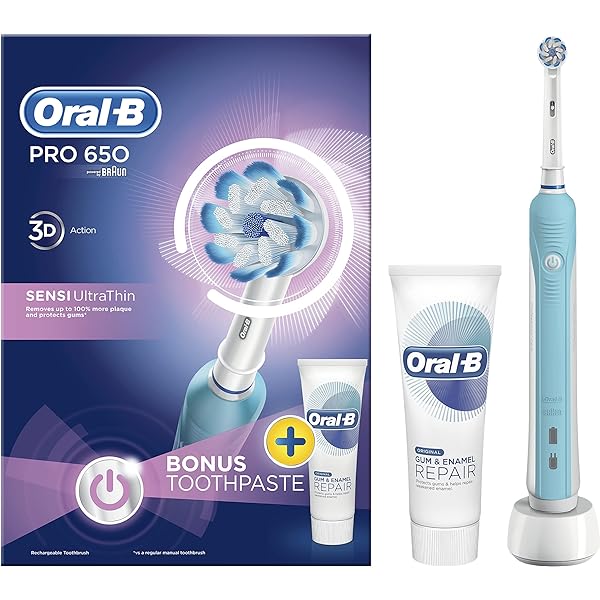
Battery considerations when choosing an electric toothbrush
When selecting an electric toothbrush, it is important to consider the battery type and its associated features and benefits. Here are some factors to keep in mind:
Battery lifespan: Different battery types have varying lifespans before they need to be replaced. Lithium-ion batteries generally have a longer lifespan compared to NiMH or NiCd batteries. Consider how frequently you are willing to replace the battery or the toothbrush itself.
Charging time: Lithium-ion batteries often have faster charging times compared to other battery types. If convenience and quick recharging are important to you, a toothbrush with a lithium-ion battery may be a suitable choice.
Power output: Different battery types may provide varying power outputs, which can affect the brushing experience. Lithium-ion batteries tend to offer higher power output, resulting in more effective cleaning action. However, the specific toothbrush model and its motor design also play a significant role in the brushing performance.
Rechargeability: Rechargeable batteries, such as lithium-ion and NiMH, allow you to reuse the toothbrush without frequently replacing disposable batteries. This can be cost-effective and environmentally friendly in the long run.
Battery availability and compatibility: Consider the availability and compatibility of replacement batteries for the electric toothbrush. Some battery types may be more readily available than others, ensuring that you can easily find replacements when needed.
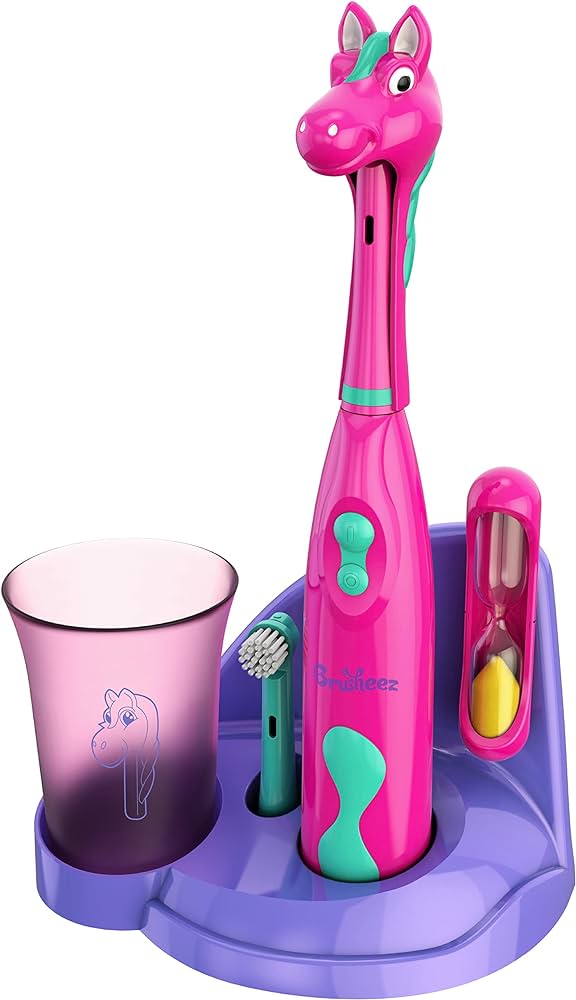
Conclusion
While many electric toothbrushes available today incorporate lithium-ion batteries for their advantages, several reputable brands offer models that use alternative battery types. Oral-B, Philips Sonicare, Colgate, Braun, and Crest are examples of brands that provide electric toothbrushes with different battery options, including NiMH, NiCd, or AA alkaline batteries. It is important to review the product specifications and descriptions provided by each brand to determine the battery type used in a specific model. Considering factors beyond the battery type, such as brushing technology, features, and individual oral care needs, will help individuals choose the most suitable electric toothbrush.




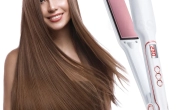
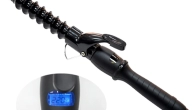
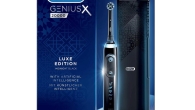
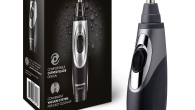
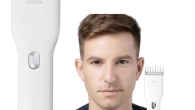
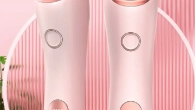
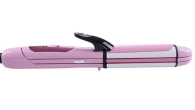
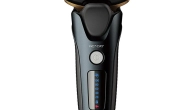
Leave a Reply
You must be logged in to post a comment.